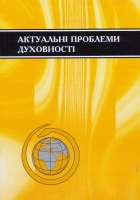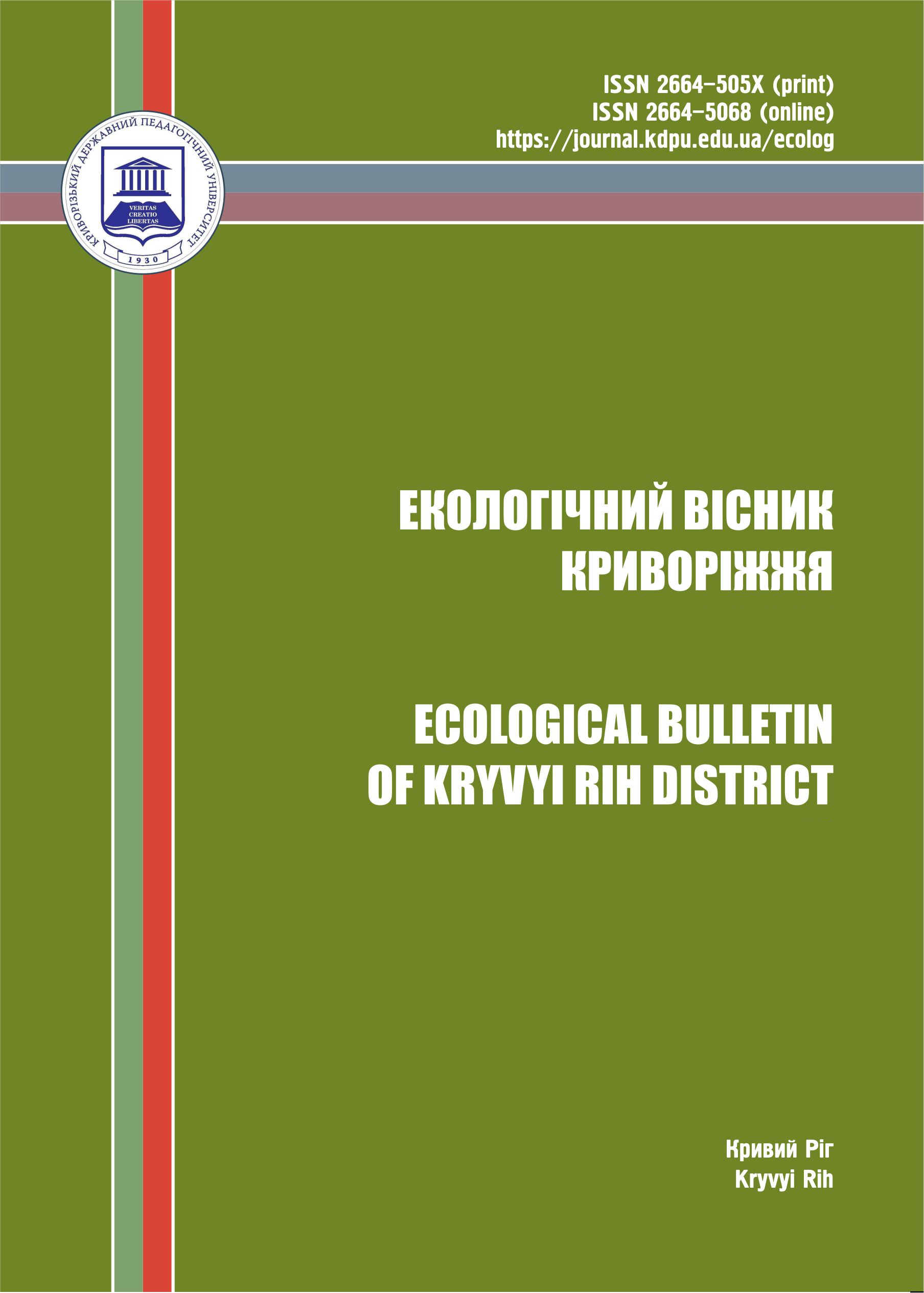Журнали
-
Актуальні проблеми духовності
У науковому журналі публікуються статті, присвячені дослідженню актуальних питань філософії. Журнал не має вузької тематичної спрямованості й намагається репрезентувати широкий спектр розвитку сучасної філософської думки в Україні та за її межами. Журнал орієнтований на залучення здобутків сучасної аналітичної філософської думки до проблемного кола вітчизняної філософії. Редакційна рада схвалює публікації українських перекладів статей закордонних авторів, які репрезентують актуальні або класичні філософські дослідження, за умов дотримання авторських прав та за згодою авторів.
-
Educational Dimension
Educational Dimension is a Diamond Open Access peer-reviewed journal focused on the research on education, learning and training, and applications of theories and philosophies used in the sciences of learning and adjacent sciences. The Educational Dimension occupies contributions in all aspects of learning theories, learning technologies and tools, paradigms and models. The main problematic field of the journal is the current and future issues of modern pedagogical science: psychological and pedagogical, philosophical, and socio-cultural aspects of education, learning and training, modern theories, technologies and teaching aids, the emergence of which is determined by globalization, integration processes, social transformations, humanitarian and scientific and technological development. There is an urgent general need for principled changes in postclassic education elicited by current theories, models, tools, services, networks and communications.
Educational Dimension welcomes research papers, systematic reviews, and meta-analyses that include clear research questions, a framework of analysis, and conclusions that reflect the paper's aims.
-
Філологічні студії: Науковий вісник Криворізького державного педагогічного університету
У журналі порушено актуальні проблеми сучасної філології. Розглянуто традиційні й нетрадиційні підходи до різних лінгвістичних та літературознавчих явищ. Представлено важливі аспекти викладання мов у школі та закладі вищої освіти. Для науковців-філологів і вчителів-словесників навчальних закладів різних типів.
-
Екологічний вісник Криворіжжя
міждисциплінарне наукове видання, яке фокусується на багатогранному висвітленні результатів екологічних та інвайронментальних досліджень промислових регіонів, а також на формуванні екологічних знань і культури. Для викладачів, науковців, вчителів, фахівців позашкільних закладів освіти, аспірантів, магістрантів, студентів, учнів.
-
Педагогіка вищої та середньої школи
Науковий журнал "Педагогіка вищої та середньої школи" містив матеріали, присвячені висвітленню теоретико-практичних проблем педагогіки вищої та загальноосвітньої школи, становлення і розвитку освітньої парадигми, інтеграції психолого-педагогічних чинників в організацію навчально-виховного процесу.
З 2019 року журнал виходить від назвою Educational Dimension.
-
Актуальні проблеми психології в закладах освіти
Збірник містить результати наукових теоретичних і емпіричних досліджень актуальних проблем організації навчально-виховного процесу та психолого-педагогічного супроводу суб’єктів освітнього простору. Тематика публікацій свідчить про різноманітність інтересів психологічної спільноти. Опубліковані матеріали адресовані як фахівцям, так і тим, хто цікавиться сучасним станом психологічної науки.
Журнал не приймає нових подань. Роки видання: 2010-2023, останній том - 13.
-
Літератури світу: поетика, ментальність і духовність
Збірник присвячено вирішенню базових проблем літературознавства на матеріалах творів літератур світу – питань практично-еволюційної поетики й теоретичної по етології, осягненню найрізноманітніших проявів індивідуально-особистісної, групової, соціальної, етнічної та національної специфіки художнього мислення (ментальності), а також розвитку наявних і формуванню нових концептуальних бачень однієї з найскладніших проблем – духовності літератур світу.
Журнал не приймає нових подань.








